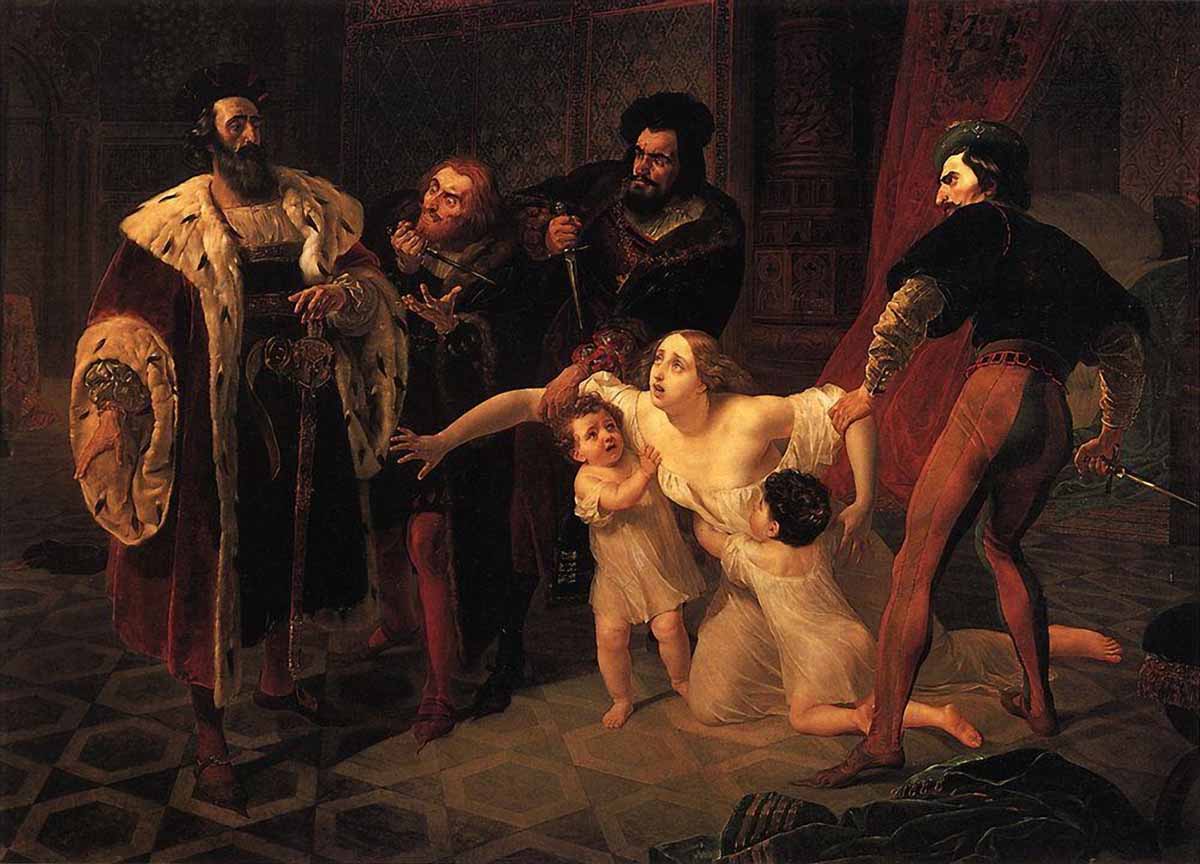If you are reading this post soon after its publication, chances are that the Portuguese football team is still hours from playing its semifinal World Cup match. Some of you might already know that I'm Portuguese; fewer might agree when I say that we have the best team, all of those agreeing being Portuguese. The place of our birth is a matter of absolute randomness, so agreeing with me would be as rational as rolling the dice; that's just how irrational nationalism is. When they — politicians, xenophobics and nationalists — appeal to your sense of patriotism, what they really are saying is: "This particular spot where I happened to be born is greater than that particular spot where you happened to be born." How profound this premise is I'll leave to your judgment.
Now allow me to tell you an ancient, true, and tragic Portuguese love story. D.Pedro, a prince, was in a royal arranged marriage with D. Constança, but soon would fall immensely in love with the most beautiful of her maids, Inês de Castro. It didn't take long for their love to be noticed by the queen-to-be. By way of revenge, D. Constança made Inês the godmother of her firstborn — stoping Pedro from seeing Inês, since a godmother was regarded in that time as essentially a sister, making D. Pedro and Inês's love encounters incestuous. However, a week after the baptism the child died. Rumors spread about the meaning of the "evil" relationship between godmother and bereaved father, as their love grew stronger and stronger. The queen-to-be subsequently passed away, and the widowed D. Pedro came to live with Inês.
The king, el-Rei D. Afonso IV, was disgusted by the "unnatural" union of a prince and a maid, and orchestrated a plan to assassinate her; Inês was stabbed, and died near a fountain. D. Pedro, in a mad sorrow, revolted against his father, destroying castles and swearing revenge against the murder. When he became king he ordered the hearts of those who killed his beloved to be ripped out, and the corpse of Inês to be dug up and set upon a throne, with her hand kissed by the people as he proclaimed her his queen. Today they are in sepulchral company, face to face on their tombs in Mosteiro de Alcobaca, and it is said that those who visit Quinta das Lágrimas, the garden where the posthumous queen was killed, can still see her blood spattered on the rocks. For myself, I believe anyone who judges others by the place or the circumstances (whatever they might be) of their birth to be a tyrant, just like el-Rei D. Afonso IV.
Artur Deus Dionisio




Death Of Inessa De Castro, Morganatic Wife Of Portuguese Infant Don Pedro
oil on canvas • -
 Karl Bryullov
Karl Bryullov